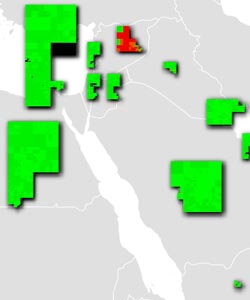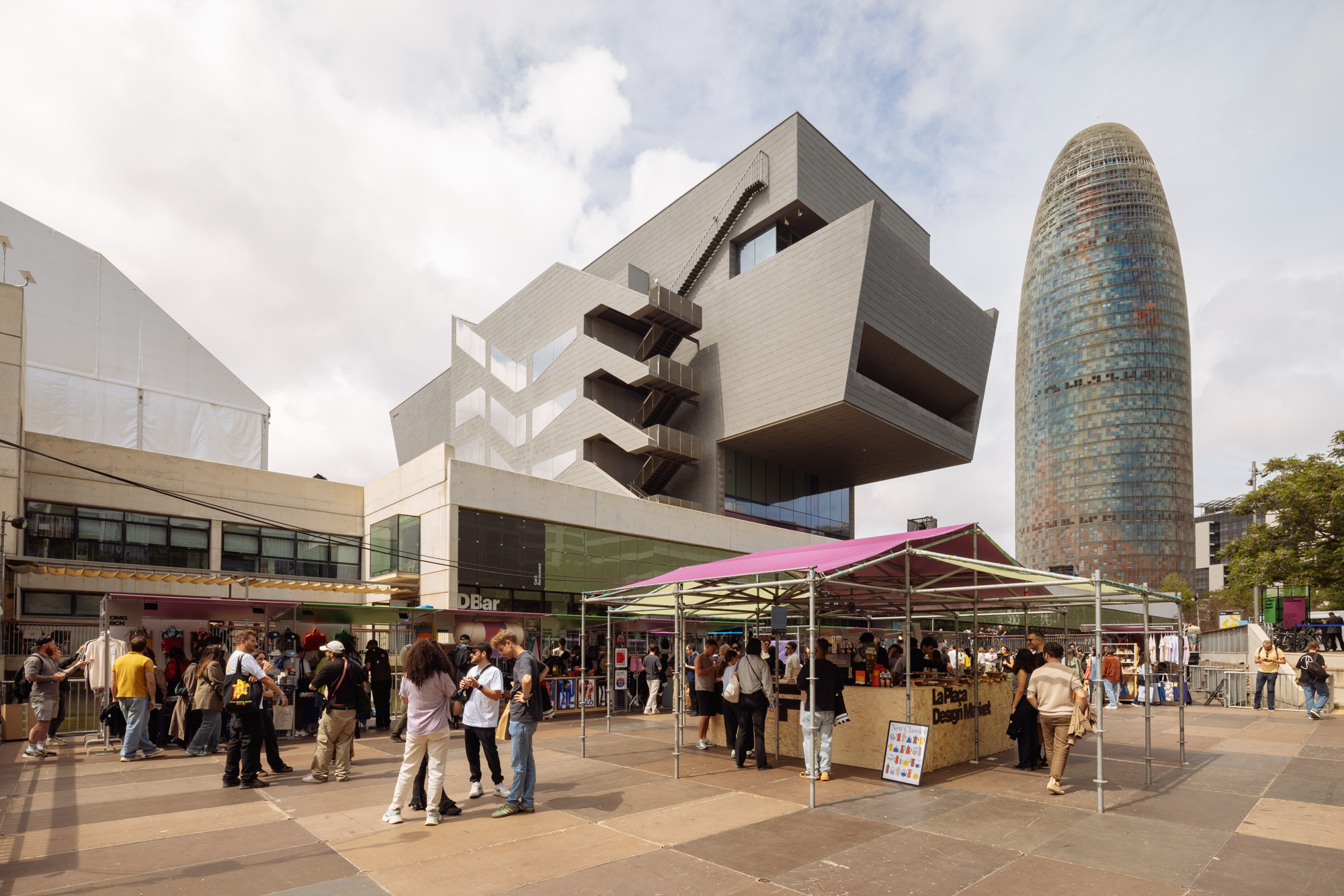Syria offline as UN declares web access a human right
Report says disconnecting people is a rights violation, including in instances of IP infringement

In one of the finest juxtapositions of theory versus reality you'll ever see in the tech industry, Syrians found the majority of the country's internet services down on Friday at the same time that the UN released a report (PDF) stating that internet access is now considered a 'human right'. The report states: "Very few if any developments in information technologies have had such a revolutionary effect as the creation of the Internet". The reasoning, in part, is that, especially in restrictive societies, the openness of the internet enables freedom of expression and information, which "contributes to the discovery of the truth and progress of society as a whole".
With Syria internet connectivity almost entirely controlled by one provider, it's easy for such rights to be withdrawn, and this was the situation Renesys found that the country was in on Friday, notably with the exception of network prefixes belonging to the Syrian government. This coincided with Friday Prayer, leading commenters on the Renesys blog to posit that the downtime was designed to thwart communities getting together to in any way damage the regime.
However, the UN report also criticised developments much closer to home. While a countrywide removal of internet services would be unthinkable in the United Kingdom, the Coalition continues to investigate ways to usher in a national firewall (as confirmed by Open Rights Group) and potentially block internet access for people involved in intellectual property infringement. Paragraph 49 of the UN report states: "[The Special Rapporteur] is alarmed by proposals to disconnect users from Internet access if they violate intellectual property rights. This also includes legislation based on the concept of 'graduated response', which imposes a series of penalties on copyright infringers that could lead to suspension of Internet service, such as the so-called “three-strikes-law” in France and the Digital Economy Act 2010 of the United Kingdom."
Daily design news, reviews, how-tos and more, as picked by the editors.

The Creative Bloq team is made up of a group of art and design enthusiasts, and has changed and evolved since Creative Bloq began back in 2012. The current website team consists of eight full-time members of staff: Editor Georgia Coggan, Deputy Editor Rosie Hilder, Ecommerce Editor Beren Neale, Senior News Editor Daniel Piper, Editor, Digital Art and 3D Ian Dean, Tech Reviews Editor Erlingur Einarsson, Ecommerce Writer Beth Nicholls and Staff Writer Natalie Fear, as well as a roster of freelancers from around the world. The ImagineFX magazine team also pitch in, ensuring that content from leading digital art publication ImagineFX is represented on Creative Bloq.
